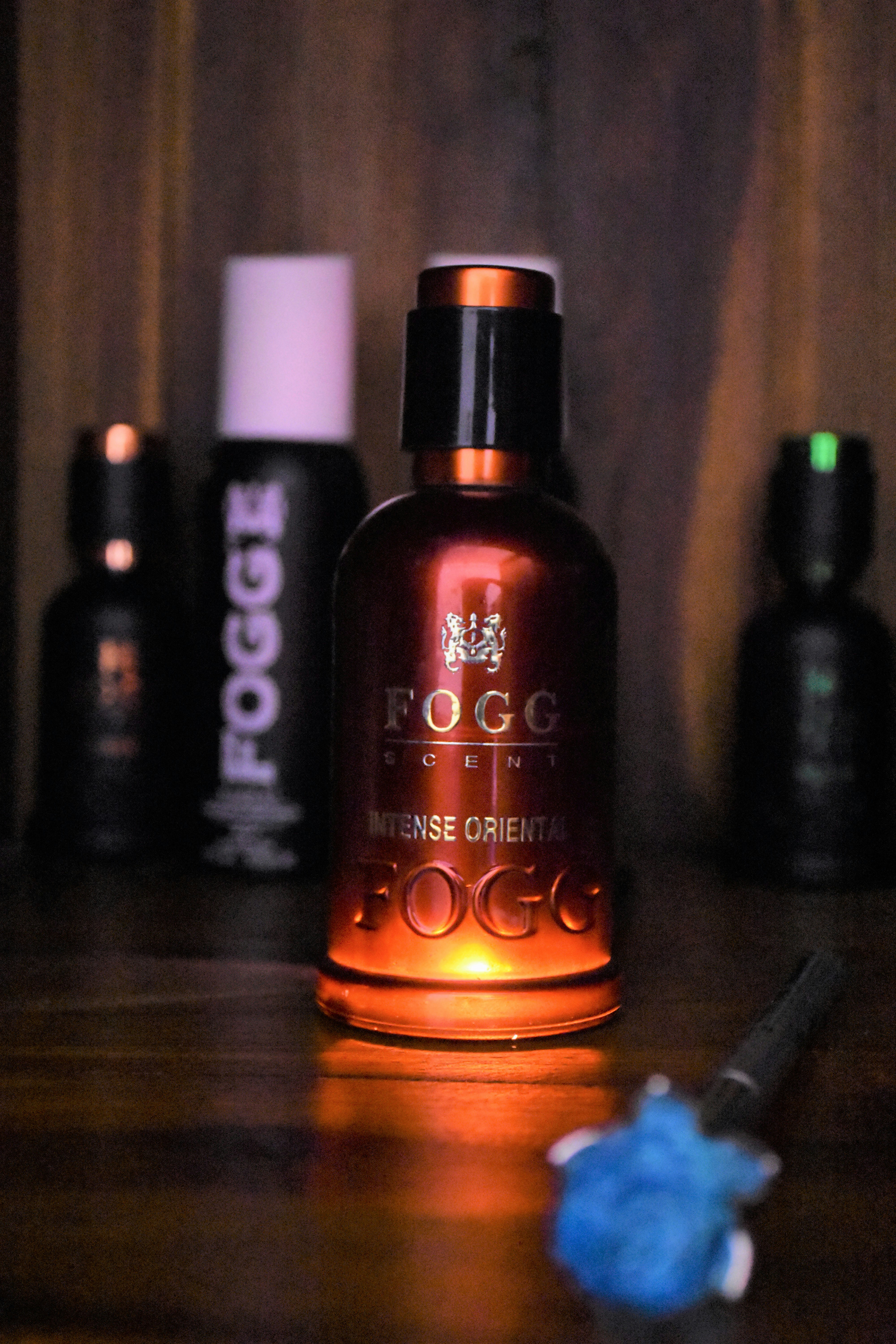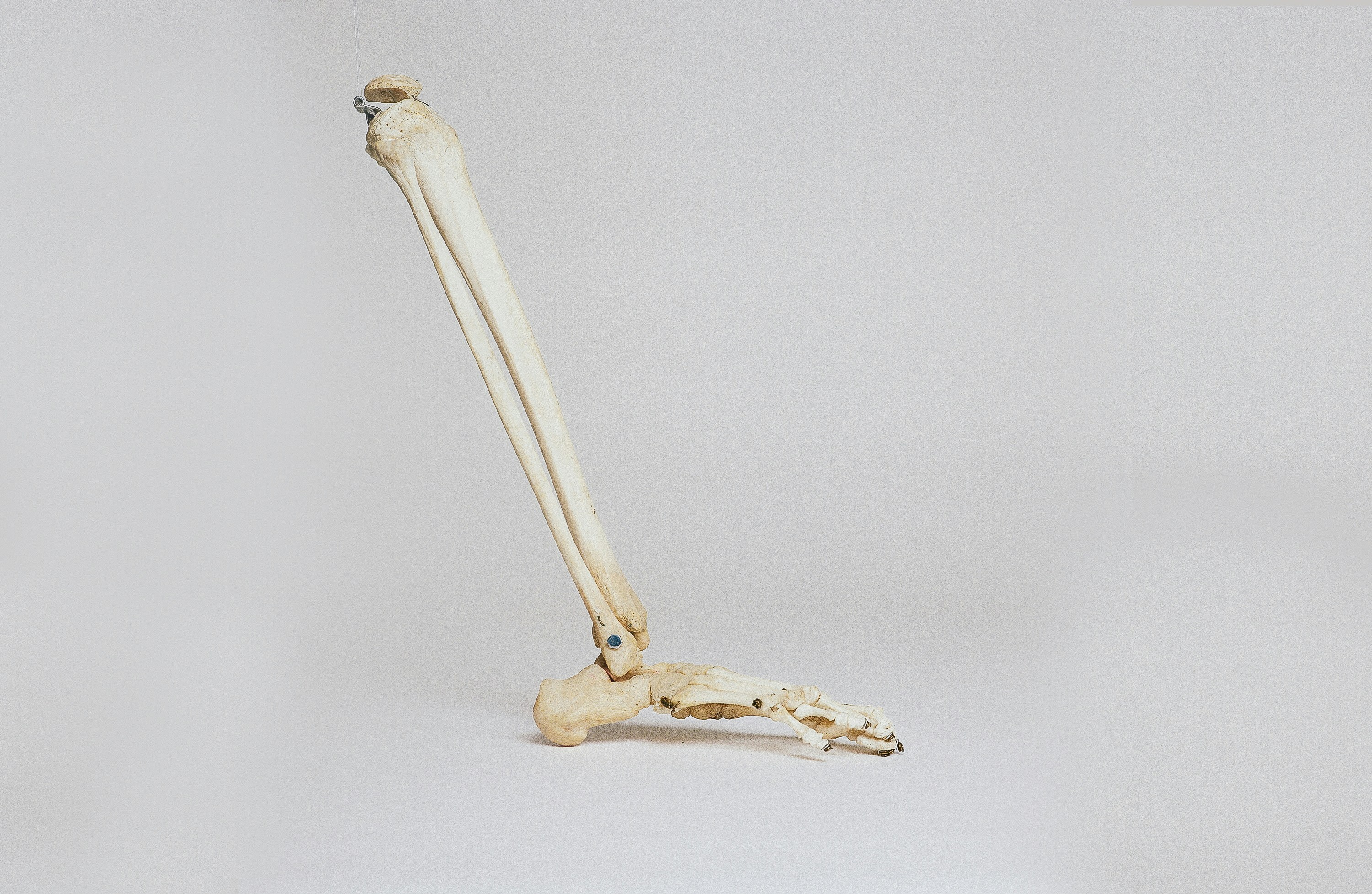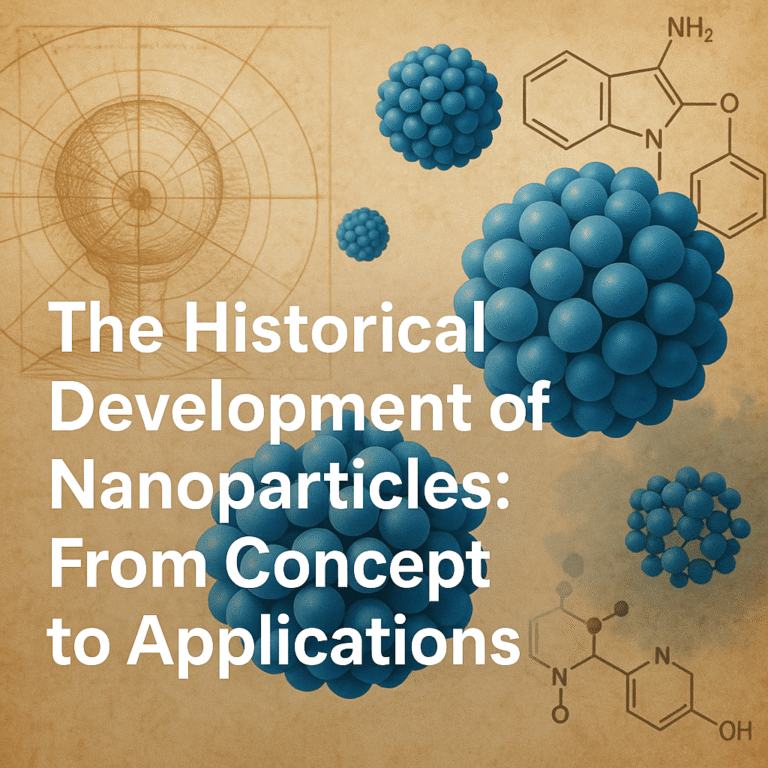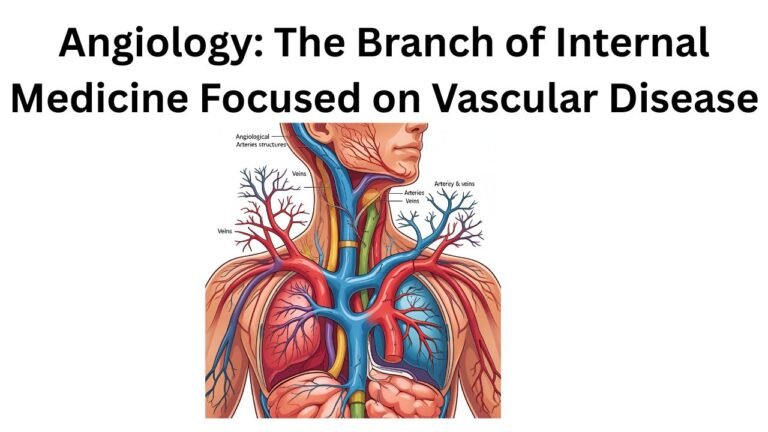
Photo by <a href="https://unsplash.com/@jareddrice" rel="nofollow">Jared Rice</a> on <a href="https://unsplash.com/?utm_source=hostinger&utm_medium=referral" rel="nofollow">Unsplash</a>
Introduction to Valeology
Valeology is a term that encapsulates the study of healthy living and encompasses various dimensions of well-being. Rooted in the Latin word ‘valere’, meaning to be strong or to be worth, valeology emphasizes the importance of health, both physical and mental, as a cornerstone of human existence. This field has garnered increasing interest as modern society grapples with the multifaceted challenges posed by lifestyle choices, environmental factors, and social determinants of health.
The significance of valeology lies in its holistic approach to understanding how different aspects of life contribute to or detract from health. By examining the interplay between diet, exercise, mental health, and social relationships, valeology promotes a comprehensive view of well-being that extends beyond mere absence of illness. The study encourages individuals to adopt healthier lifestyles by making informed choices that enhance their quality of life.
Human lifestyle plays a pivotal role in shaping overall health outcomes. Choices regarding nutrition, physical activity, work-life balance, and stress management directly influence an individual’s well-being. Valeology advocates for an integrated approach to these lifestyle choices, recognizing that no single factor operates in isolation. For instance, regular physical activity not only contributes to physical fitness but also improves mental health, reduces stress, and fosters social connections.
As we delve further into valeology, it becomes evident that understanding its principles can empower individuals to take charge of their health. Awareness of the significance of lifestyle choices enables people to embark on personal journeys toward healthier living. This foundational knowledge serves as a springboard for exploring the diverse strategies and frameworks that support well-being in various aspects of life.
The Historical Perspective of Valeology
Valeology, the study of healthy living and wellness, has roots that can be traced back to various cultures and civilizations throughout history. The concept of health and well-being has been a central theme in human society, evolving significantly over time. Ancient civilizations, such as those in Egypt, Greece, and China, laid the groundwork for the study of health sciences, emphasizing a holistic approach to living well.
In ancient Egypt, health was often linked to spirituality and the practice of medicine was intertwined with religious beliefs. Physicians like Imhotep not only treated ailments but also focused on the holistic well-being of individuals, advocating for a balanced lifestyle that included diet, exercise, and mental wellness. Similarly, ancient Greek philosophers, including Hippocrates, emphasized the importance of a balanced lifestyle, famously stating that “let food be thy medicine.” This philosophical approach marked a significant milestone in the evolution of valeology, as it began to incorporate both physical and psychological aspects of health.
During the Middle Ages, the focus on health transitioned with the rise of monastic medicine, where cloistered communities preserved medical knowledge while promoting a life of moderation and simplicity. The Renaissance era further propelled valeology into new territories with advances in anatomical studies and a renewed focus on humanism. Notable figures such as Paracelsus emphasized the importance of nature in health and wellbeing, paving the way for future explorations into the natural sciences.
As we transitioned into the modern era, the development of public health initiatives and scientific advancements in the 19th and 20th centuries reshaped the understanding of wellness. The introduction of epidemiology and the study of social determinants of health underscored the complexity of health as a multifaceted phenomenon. These historic perspectives have significantly influenced how valeology is perceived today, highlighting the continuous evolution of health and wellness through the ages.
Key Principles of Valeology
Valeology, the study of healthy living, encompasses a variety of principles that are crucial in fostering overall well-being. Among these, physical health stands as a fundamental pillar. Maintaining physical health involves regular medical check-ups, proactive management of diseases, and engaging in health-promoting behaviors. It ensures that the body functions optimally, which is essential for leading a fulfilling life. A robust physical state directly impacts an individual’s ability to perform daily activities and reduces the risk of chronic diseases.
Mental well-being is another vital aspect intertwined with valeology. It stresses the importance of mental health through various practices such as mindfulness, stress management, and emotional regulation. Maintaining a positive mindset not only enhances one’s quality of life but also enables individuals to better cope with life’s challenges. A sound mental state contributes significantly to physical health, creating a harmonious connection between the body and mind.
Nutrition plays a critical role in the principles of valeology, as the food we consume directly affects our health. A balanced diet rich in essential nutrients is necessary for sustaining energy levels, enhancing mood, and preventing diseases. Valeology advocates for informed dietary choices, emphasizing the importance of whole foods, proper hydration, and mindfulness while eating. This holistic approach acknowledges that nutrition is not merely about sustenance but is fundamental to health optimization.
Exercise is equally significant in valeology. Regular physical activity helps in maintaining functional fitness, weight management, and mental health enhancement. Engaging in diverse forms of exercise, whether aerobic or strength training, contributes immensely to better cardiovascular health and improved life expectancy. Furthermore, incorporating movement into daily routines significantly boosts overall energy and morale.
Lastly, the role of the environment in promoting a healthy lifestyle cannot be overlooked. A supportive environment that encourages healthy choices—such as access to parks, clean air, and community support—plays an essential part in fostering a lifestyle conducive to wellness. Valeology emphasizes the importance of building environments that promote both physical and mental health, thereby facilitating positive lifestyle changes.
Valeology in Modern Medicine
Valeology, the study of healthy living, has increasingly found its place within the realm of modern medicine. As healthcare professionals strive to adopt a more holistic approach to patient care and preventive medicine, the principles of valeology have become integral to the practices of many medical practitioners. By focusing on the overall well-being of individuals, valeological principles encourage a shift from merely treating illnesses to promoting a healthier lifestyle.
In incorporating valeology into medical practice, healthcare professionals utilize a multi-faceted approach that includes aspects of physical health, mental well-being, nutritional science, and social support systems. This interplay allows for comprehensive patient care that addresses both immediate health concerns and long-term wellness strategies. For example, physicians may recommend exercise regimens tailored to a patient’s lifestyle while also addressing stress management techniques that stem from psychological perspectives within valeology.
Furthermore, the intersection of valeology with public health initiatives is noteworthy. Public health campaigns that promote healthy behaviors, such as improved nutrition and regular physical activity, align closely with valeological principles. These campaigns aim not only to reduce the incidence of chronic diseases but also to enhance the quality of life within communities, embodying the essence of valeology in practice.
Nutrition, too, plays a significant role in modern valeological practices. Dietary guidelines informed by scientific research complement valeological approaches that advocate for balanced eating habits as essential components of healthy living. Healthcare professionals often engage in discussions around nutrition with patients, facilitating awareness of how dietary choices impact overall health.
In summary, valeology’s integration into modern medicine emphasizes a comprehensive approach to health that encompasses preventive strategies and promotes optimal well-being. As healthcare continues to evolve, valeological principles may offer valuable insights for improving patient care across various medical disciplines.
Career Opportunities in Valeology
Valeology, the study of healthy living, offers a plethora of career opportunities for individuals passionate about promoting well-being and preventive healthcare. The increasing public interest in health and wellness has led to a growth in demand for professionals who can educate and guide communities in healthy lifestyle choices. Among the prominent career paths is that of a health educator. These professionals are responsible for developing programs and materials that promote health, wellness, and chronic disease prevention. To excel in this role, one typically requires a background in health promotion or education, along with strong communication and organizational skills.
Another key career option within valeology is the wellness coach. Wellness coaches work directly with clients to formulate personalized health plans that address nutritional needs, physical fitness, and mental well-being. Effective coaching requires a deep understanding of health behaviors and motivational tactics, often necessitating certification in the field. Additionally, having a background in psychology or nutrition can enhance one’s efficacy as a wellness coach.
Public health officials also play a significant role within valeology. They are often involved in shaping policies and programs that promote community health. These professionals analyze health data, develop strategies to combat public health issues, and advocate for health policies. A career in public health typically requires advanced education, such as a Master’s in Public Health (MPH), along with skills in research, data analysis, and public speaking.
As the field of valeology continues to evolve, professionals will need to stay informed about emerging trends and practices in wellness to effectively meet the needs of society. The growth of the wellness industry presents ample opportunities for those looking to make an impact in promoting healthy living. Through dedication and relevant training, individuals can successfully navigate a rewarding career path in valeology.
The Role of Research in Valeology
Research plays a pivotal role in valeology, significantly shaping our understanding of healthy living and the principles that govern it. By employing various methodologies, researchers explore the multifaceted aspects of health, encompassing physical, mental, and social well-being. As a relatively evolving field, valeology relies heavily on scientific studies to validate concepts and practices aimed at promoting a healthier lifestyle.
Key studies in valeology highlight the impact of lifestyle interventions on physical health. For instance, research examining the effects of diet and exercise illustrates how these elements contribute to overall well-being. Findings indicate that individuals who engage in regular physical activity and maintain a balanced diet tend to exhibit lower rates of chronic diseases such as obesity and diabetes. Moreover, studies examining mental health correlate positive mental well-being with lifestyle choices, suggesting a holistic approach is essential to healthy living.
Current trends in valeological research focus not only on individual health but also on the broader social determinants of health. This includes factors such as environment, socioeconomic status, and access to healthcare. The integration of technology in health promotion, such as fitness trackers and health apps, represents another important trend, further underscoring the significance of research in understanding how these tools can assist individuals in making healthier choices.
As valeology continues to evolve, the implications of such research extend to public health initiatives and policies. Governments and organizations are increasingly using findings from valeological studies to inform health campaigns, creating a societal shift towards healthier behaviors. By prioritizing research in valeology, stakeholders can better address the complexities of healthy living and actively promote a culture of wellness.
Practical Applications of Valeology
Valeology, the study of healthy living, encompasses various principles that can significantly enhance one’s well-being when effectively applied in daily routines. Implementing valeological strategies allows individuals to cultivate a holistic approach to health that includes physical, mental, and social aspects. A fundamental application of valeology is the creation of a balanced diet. This entails incorporating a diverse array of nutrients through whole foods, such as fruits, vegetables, lean proteins, and whole grains. By minimizing processed foods and emphasizing portion control, individuals can optimize their nutritional intake, leading to improved energy levels and overall health.
In addition to dietary strategies, physical activity plays a crucial role in valeology. Regular exercise not only contributes to physical fitness but also promotes mental well-being. Engaging in at least 150 minutes of moderate-intensity aerobic activity each week, along with strength training exercises, is recommended by health professionals. Activities such as walking, cycling, or swimming not only enhance cardiovascular health but also help in reducing stress and anxiety. Finding enjoyable forms of exercise ensures adherence to a routine, making it easier to incorporate into one’s daily life.
Mental health practices are equally important in the valeological framework. Mindfulness techniques, such as meditation and deep breathing, can help individuals manage stress, improve focus, and increase resilience in the face of challenges. Additionally, fostering social connections through community activities or support groups enhances psychological well-being, as strong interpersonal relationships are vital for mental health. By integrating these strategies into daily living, individuals can realize the benefits of valeology, enjoying a more balanced and fulfilling lifestyle that embraces both physical and mental wellness.
Valeology and Lifestyle Diseases
Valeology, the study of healthy living, holds significant importance in addressing lifestyle diseases, which have become increasingly prevalent in modern society. These diseases, including diabetes, heart disease, and obesity, are often linked to poor lifestyle choices such as unhealthy eating, lack of physical activity, and stress management issues. By understanding and applying valeological principles, individuals can actively reduce their risk of developing these chronic conditions.
Adhering to the tenets of valeology encourages a holistic approach to health, focusing on balanced nutrition, regular physical activity, and mental well-being. For instance, making informed dietary choices that prioritize whole foods, such as fruits, vegetables, and whole grains, can lead to improved metabolic health and lower the risk of diabetes. Furthermore, engaging in regular exercise helps maintain a healthy weight and cardiovascular health, thereby reducing the likelihood of heart disease. Valeology emphasizes not only physical health but also mental and emotional wellness, promoting a well-rounded lifestyle that can significantly diminish the risk of obesity-related complications.
Education plays a pivotal role in disseminating valeological concepts and practices among the population. By raising awareness about the impacts of lifestyle choices on health, communities can foster environments conducive to healthier living. Public health campaigns and educational programs that stress the importance of valeology can empower individuals to make better decisions regarding their health. This proactive approach to lifestyle management enables people to take charge of their well-being, consequently reducing the burden of lifestyle diseases.
Incorporating valeology into daily life is not merely a personal choice but a collective responsibility that can influence public health outcomes. Therefore, it is essential to recognize the interplay between valeology and the prevention of lifestyle diseases, as they contribute to fostering healthier individuals and communities.
Future of Valeology
The future of valeology, the study of healthy living, is poised for significant transformation driven by various emerging trends. One of the most influential factors is the integration of technology into health management. With the rapid advancement of digital health tools, individuals are more empowered than ever to monitor and manage their wellbeing. Wearable devices, mobile health applications, and artificial intelligence-driven analytics are revolutionizing the way people engage with their health. By providing real-time data on physical activity, sleep patterns, and nutritional habits, technology can facilitate tailored health strategies that enhance overall wellness.
Moreover, the growing importance of mental health cannot be overlooked. As society becomes increasingly aware of the interconnections between mental and physical health, valeology is likely to evolve to encompass holistic approaches that address psychological wellbeing alongside physical fitness. This integrated perspective will stress the need for emotional resilience, stress management techniques, and social connectivity, recognizing that a healthy life extends far beyond just the absence of disease.
In addition to these trends, global health challenges such as pandemics, climate change, and health disparities must shape the future trajectory of valeology. As communities grapple with these issues, the discipline will need to adapt, incorporating preventive health measures, community resilience building, and sustainable living practices into its framework. Professionals in valeology will likely advocate for policies that promote equitable access to health resources, as well as engage in research that furthers understanding of health determinants on a global scale.
Ultimately, the future of valeology appears to be multifaceted. Its evolution will hinge on technological advancements, cultural shifts regarding mental health, and responses to pressing global health concerns. By embracing these changes, valeology can thrive as a vital discipline in promoting comprehensive healthy living.





